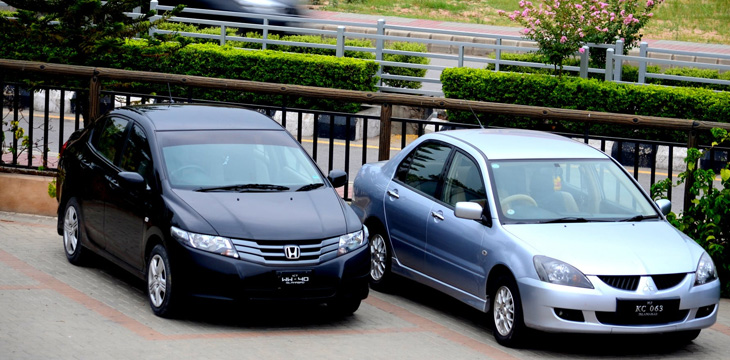|
Getting your Trinity Audio player ready...
|
Motorists in the U.S. may never have to pay for parking using cash or their debit cards again thanks to a blockchain project by major automakers. The project seeks to use blockchain technology to automate payments such as parking fees and highway tolls. It also seeks to expand into the creation of mobility networks in which vehicles can communicate with each other seamlessly.
The project is part of the Mobility Open Blockchain Initiative (MOBI), a global foundation that seeks to accelerate the use of blockchain technology. It brings together Ford, GM, BMW, Honda, Groupe Renault and more.
The project will establish a blockchain-based vehicle identity system, enabling the association of vehicle payments to the vehicle itself and eliminating the need to connect it with a bank account. According to the press release, the system will then use smart contracts to enable “direct and low cost micropayments to and from multiple parties in response to detectable events. This will accelerate existing trends toward pay per use mobility and mobility as a service.”
The Vehicle ID system will assign digital IDs to individual vehicles which will be linked to data such as service histories and ownership. This data will be used to recognize the vehicle on the road which will in turn enable the automation of fees payment.
The project intends to target payments such as parking fees, tolls, maintenance costs and even rest stop snacks. As reported by the Nikkei Asian Review, the project will begin field tests in the U.S. starting November.
Andre Luckow, the head of emerging technologies at the BMW Group commented, “The Vehicle Identity Standard is a critical enabler for future blockchain-based vehicle and mobility services. We are excited to participate in the multi-stakeholder Proof-of-Concept to foster the advancement of the standard and to explore its application.”
MOBI expects that the project will give government and transit operators new tools to combat congestion and pollution, setting the stage for safer and more affordable mobility. The foundation, which boasts of having over half of all vehicle makers as members, believes that the project will also facilitate the creation of mobility networks “in which vehicles can communicate with each other and track movement: speed, location, direction of travel, braking, and even intention.”

 02-17-2026
02-17-2026 




